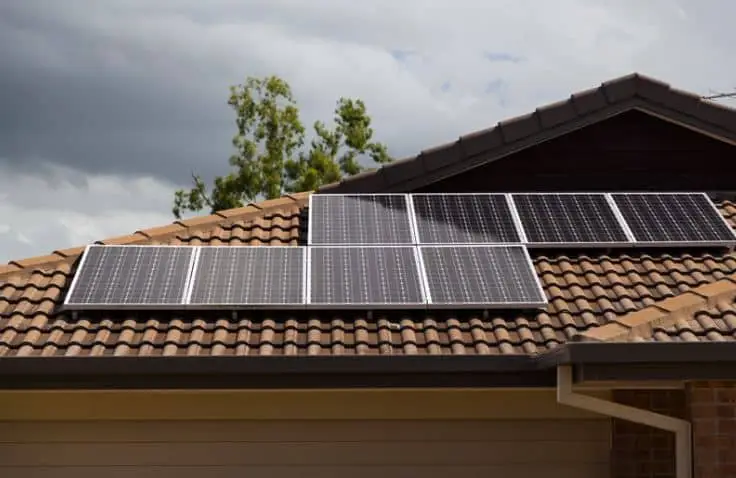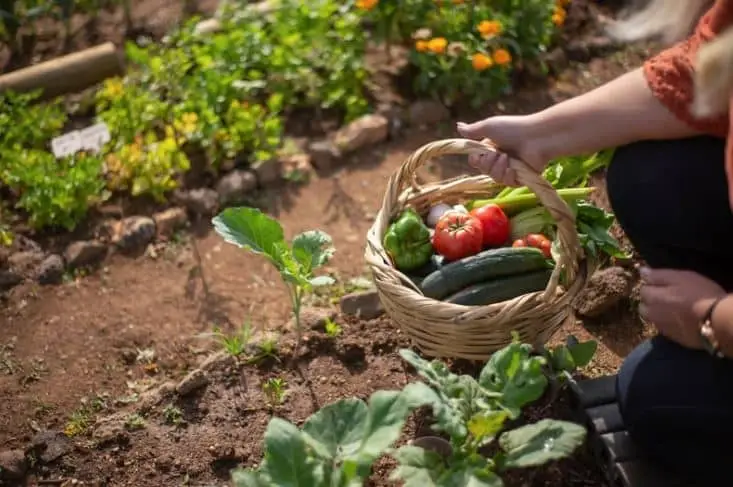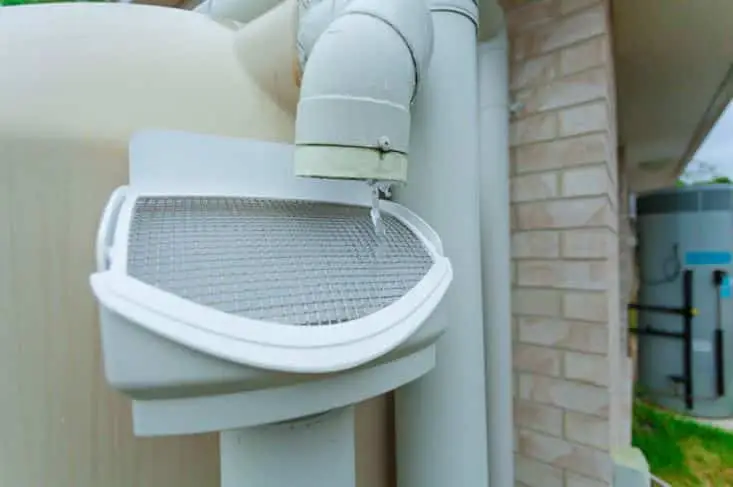First Home Buyer Guidance
Step by step help with grants, finance and floor plans, move into your first home sooner.

Adding solar panels to your home is a fantastic first step. Not only can they help save you thousands on electricity bills over time, but they also allow you to make a positive impact on reducing the reliance on non-renewable energy sources.
However, a few considerations are important before installing solar panels.
Different roof types, like tile or slate, can make installation more challenging, so you may need additional planning if your roof is made of these materials.
Additionally, understanding the sun’s orientation is crucial to maximize sunlight exposure. If your block has significant shading, you may want to consider other options or identify the sunniest areas for optimal placement.
Lastly, the ideal orientation for your home is typically facing north or northwest, to maximize the benefits of your solar setup.
Cross ventilation is essential. Adding fly screens, if not already in place, is a great idea to help you open windows at night and let cool breezes flow through the home without inviting bugs inside.
Glazed windows or shutters can also be useful to keep the home cooler and manage heat effectively.
Instead of relying solely on your heater, consider smart, energy-efficient ways to generate and retain warmth in your home.
Maximizing thermal mass is key. For instance, concrete floors or walls are excellent choices for insulation, helping to keep the heat where it’s needed.
Ensure heat doesn’t escape through gaps in walls, windows, or doors.
Lastly, consider using a fan with a counter-clockwise or ‘winter’ setting, which circulates warmth effectively. This lets you use a lower heater setting, conserve energy, and keep the room cozy.
Adding more plants to your home offers numerous advantages. They purify the air, help block out street noise, and are known to reduce stress and anxiety. Plants also provide shade, which can cool your home and reduce the need for artificial cooling systems.
Creating a compost in your yard is another great way to promote sustainability. By composting, you reduce landfill waste, letting organic items like fruit, vegetables, coffee, and tea decompose naturally. Compost also makes excellent fertilizer for your garden!

One sustainable option is solar-heated water, and using rainwater tanks is another. There are also many easy, cost-free ways to save water at home.
Consider retrofitting a water tank to your house to capture as much rainwater as possible.
Conserving water is also essential and can be achieved through simple steps, like washing your car on the lawn or placing a bucket in your shower to collect excess water for your garden.

Our Services
TPG Property Group supports Melbourne and Australia wide clients with land selection, finance, turnkey builds and long term strategy.
Step by step help with grants, finance and floor plans, move into your first home sooner.
Strategies for high growth suburbs, tax benefits and SMSF options that build wealth.
Low deposit options and competitive loans, with expert lender support and faster approvals.
Fixed price turnkey homes in Melbourne and Australia, fully finished and ready to move in.
Secure land in Melbourne growth areas, matched to your budget and lifestyle goals.
Stay in the suburb you love and upgrade to a modern, efficient new home.
Quality multi dwelling projects for lifestyle appeal and strong rental returns.
We manage design, permits, construction and handover, on time and on budget.
Trusted partners streamline contracts, settlements and loan approvals.
Data led suburb insights and feasibility reviews for smarter decisions.
Plan, acquire and manage a long term portfolio that grows with you.
All contents published on this website or otherwise made available by TPG Property Group Pty Ltd to you is general information only and is intended to help you in understanding the products and services offered by TPG Property Group Pty Ltd. The information does not take into considerations of any particular investment objectives or financial situation of any potential reader. It does not constitute, and should not be relied on as, financial, investment, legal or any other professional advice or recommendations both expressed or implied. It should not be used as an invitation to take up any investments or investment services. You are advised to do your own due diligence when it comes to making financial and investment decisions and should use caution and seek the advice of qualified professionals such as accountant, lawyer, or other professional advisors before acting on this or any information. TPG Property Group Pty Ltd, its employees or contractors do not represent or guarantee that the information is accurate or free from errors or omissions and therefore provide no warranties or guarantees. You may not consider any examples, documents, or other content on the website or otherwise provided by us to be the equivalent of professional advice. Nothing contained on the website or in materials available for download on the website provides professional advice in any way. TPG Property Group Pty Ltd disclaims any and all duty of care and liability and assumes no responsibility for and you will indemnify TPG Property Group Pty Ltd against any losses or damages resulting from your use of any link, information, or opportunity contained within the website or any information within it.